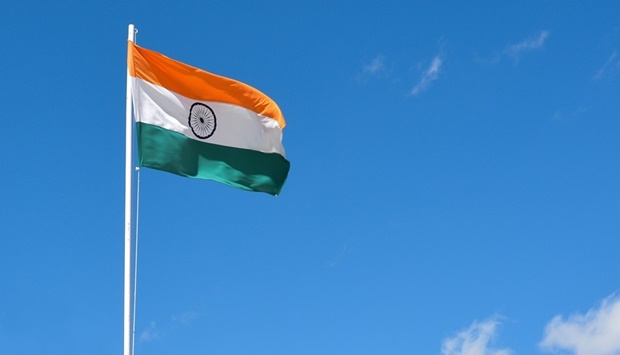India is willing to commit up to another $2bn in financial assistance to Sri Lanka while also supporting the island nation with food and fuel, five sources said, as New Delhi tries to regain ground lost to China in recent years.
Sri Lanka, hit by its worst economic crisis since independence in 1948 and on the brink of its first debt default, has been asking friendly nations including India and China for credit lines, food and energy.
The Asian giants have already committed billions of dollars in financial support.
“We are definitely looking to help them out and are willing to offer more swap lines and loans,” said an Indian source aware of various discussions with Sri Lanka.
A senior government source in New Delhi said Sri Lanka’s warning on Tuesday of defaulting on debt payments was a worry, but that “we can still give them up to $2bn in swaps and support”.
Another source familiar with Sri Lanka’s thinking said it was seeking India’s help to roll over some $2bn in dues, such as those owed to the South Asia-focussed Asian Clearing Union.
The source said the response had been positive from India.
All the sources had direct knowledge of the matter or had been briefed on it, but they declined to be named as the discussions were private.
India’s government and its central bank, as well as Sri Lanka’s foreign and finance ministries, did not immediately respond to requests for comment.
India has so far committed $1.9bn to Sri Lanka in loans, credit lines and currency swaps.
Sri Lanka has also sought another $500mn credit line for fuel.
China has extended a $1.3bn syndicated loan and a $1.5billion-yuan denominated swap, while negotiations are ongoing for more loans and credit lines.
One of the sources said New Delhi was keen for its southern neighbour to cut its reliance on China.
Sri Lanka has an outstanding debt of about $3.5bn with China — or 10.8% of the island’s total — and Beijing has also built ports and roads in the country.
“We want them to reduce their debt levels from China and we want to become stronger partners,” said the source.
India has also sent ships with sugar, rice and wheat — items of which it has a surplus, unlike China — to Sri Lanka.
Four of the sources said though New Delhi had not formally made cutting Sri Lanka’s reliance on Beijing a condition for offering help, it had been able to make the Sri Lankans realise that it was in a better position to support them than China.
Sri Lanka is due to formally start loan negotiations with the International Monetary Fund on Monday, and one of the Indian sources said that would be critical in New Delhi agreeing to more aid for the country.
Sri Lanka’s central bank said on Tuesday it had become “challenging and impossible” to repay external debt, as it tries to use its dwindling foreign exchange reserves to import essentials like fuel.
Street protests have gone on for more than a month against shortages of fuel, food, power and medicine.
Lankan diaspora urged to send cash
Sri Lanka yesterday urged its citizens overseas to send home money to help pay for desperately needed food and fuel after announcing a default on its $51bn foreign debt. The nation is in the grip of its worst economic crisis since independence in 1948, with severe shortages of essential goods and regular blackouts causing widespread hardship. Central bank governor Nandalal Weerasinghe said he needed Sri Lankans abroad to “support the country at this crucial juncture by donating much needed foreign exchange”. Weerasinghe said he had set up bank accounts for donations in the US, Britain and Germany and promised Sri Lankan expatriates the money would be spent where it was most needed. The bank “assures that such foreign currency transfers will be utilised only for importation of essentials, including food, fuel and medicines”, Weerasinghe said in a statement. Weerasinghe’s appeal has so far been greeted with scepticism from Sri Lankans abroad.
“We don’t mind helping, but we can’t trust the government with our cash,” a Sri Lankan doctor in Australia said, asking for anonymity. A Sri Lankan software engineer in Canada said he had no confidence that the money would be spent on the needy.

(Representative photo)
